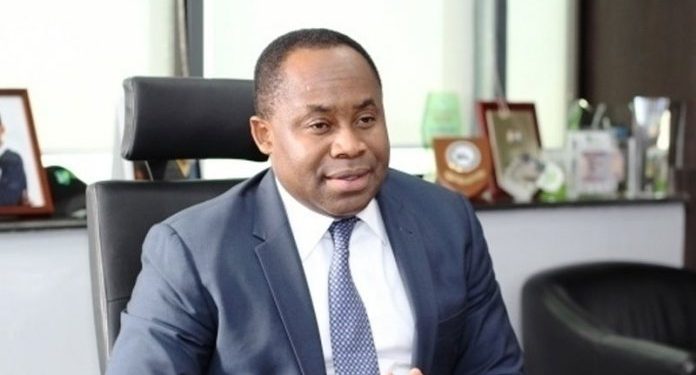The Managing Director, Nigerian Sovereign Investments Authority (NSIA), Mr. Uche Orji, has faulted the International Monetary Fund’s (IMF) ranking of Nigeria as the second worst country in the world in the use of Sovereign Wealth Funds (SWF).
Orji, in a noted yesterday, argued that the IMF in the report quoted third-party data and not the output of the Fund’s research.
The IMF’s report and its conclusions were based on the report by the Natural Resources Governance Institute, which Orji said he found it strange that the Washington-based institution would adopt third party data and graphs in its reports, without providing a detailed context whatsoever.
“Whilst the report does not mention that NSIA, its sweeping generalisation and use of third-party data, raises concerns that diminishes its usage. More importantly, graphing governance against asset size to GDP has limited correlative value. This is basically, for lack of a better word, a flippant piece of work.
“It is obvious in this report that the IMF prefers SWFs of countries that do not invest in their domestic economies and dislikes countries that want to use part of their resources to develop their own domestic infrastructure.
“So countries such as Nigeria are ranked poorly because they use part of these funds in local domestic investment which conflicts with a long-held view of the IMF against domestic investment by the SWF,” he said.
Orji explained that the NSIA Act mandates the organisation under his leadership to run three ring-fenced funds – stabilisation fund, future generations fund, and Nigeria infrastructure fund with asset allocation of 20:30:50 respectively.
The first two funds invest globally and the last fund is focused on Nigeria domestic infrastructure needs, he said.
“Whilst we understand the theory of “Dutch disease” and its effect of domestic investment, we believe that investing in commercially viable domestic infrastructure should be the focus of funds such as the NSIA.
“There is no real value added in a sovereign wealth fund keeping all its funds in its foreign reserve accounts if it can use portions of said fund to address commercially viable infrastructure projects at home.
“This philosophy of domestic infrastructure development underpins the operation of the Infrastructure Fund of the NSIA.
“The governance process of NSIA is well documented in its Establishment Act. NSIA has an independent professional Board that through five committees, rigorously oversees the operations of the fund.
“The NSIA is subject to several audits during the year – quarterly audit review by its external auditors, Price Waterhouse Coopers and Annual audits reports are published, the Auditor General and Accountant General all independently audit the accounts and operations of the fund,” he explained.










